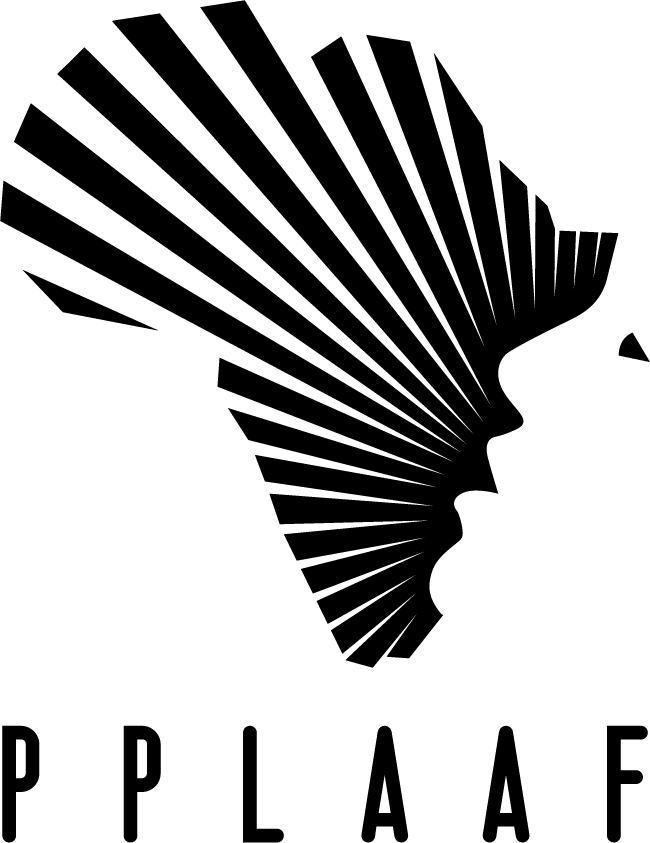Whistleblowers play a crucial role in our anti-corruption toolkit, shedding light on wrongdoing that would otherwise go unnoticed and unreported. In the battle for transparency and accountability, the media serves as their powerful ally, amplifying their voices and bringing vital issues to the public’s attention.
The bond between whistleblowers and the media is a symbiotic one, built on a foundation of trust. Both parties rely on each other to expose hidden truths, with journalists acting as responsible conduits for whistleblowers’ valuable information.
To foster an environment of trust and support and to encourage individuals to come forward with their knowledge, media organisations must follow responsible and ethical reporting guidelines while prioritising the safety and protection of those who risk it all for the public good.
Drawing on various engagements with the media and journalists with expertise in whistleblowing, PPLAAF has developed a useful guide for journalists dealing with whistleblower cases in South Africa.
Below, journalists will find helpful information and guidelines on navigating whistleblower cases:
PPLAAF is a non-governmental organisation established in 2017 to protect whistleblowers, as well as to advocate and engage in strategic litigation on their behalf when their revelations deal with the general interests of African citizens.
For more information on PPLAAF, please visit:
PPLAAF’s website: https://pplaaf.org
Facebook: https://www.facebook.com/PPLAAF/
Twitter: @pplaaf
Email: Info@pplaaf.org




